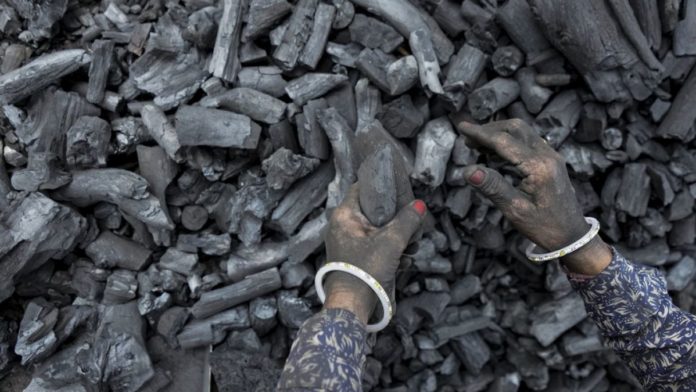Poland, backed by France and Bulgaria, won its lobbying campaign for a coal exemption.
Coal-fired power stations can enjoy continued state support in the EU thanks to a controversial exemption in the revised EU electricity market regulation, the result of a political agreement struck last night just hours after a global agreement to transition away from fossil fuels.
EU lawmakers have agreed to include a coal exemption in the reformed electricity market, which will allow member states to keep subsidising old power plants by 2025. The deal was reached in the evening of December 13, following EU inter-institutional negotiations, in Strasbourg, to reform the Electricity Market Design (EMD).
Introduced by Poland and backed by Bulgaria and France, the European Parliament caved into the pressure as it had initially refused such an exemption, but after ten hours of negotiations, MEPs and energy ministers finally agreed to include an “exceptional” coal derogation from the application of the CO2 emission limit for existing capacity mechanisms.
The exemption at stake is for capacity mechanisms, EU jargon for national schemes to subsidise convention power generation capacity which guarantees resilience in the security of supply.
The exemption, valid until the end of 2028, was criticized by Climate Action Network (CAN) Europe, which said the decision could encourage other member states to follow suit. “Rewarding the inaction of member states that are failing to diversify and decarbonise their energy mix, by allowing again to extend the life of coal plants sets a dangerous precedent for other countries to follow,” said Marta Anczewska, Energy System Policy Expert at CAN Europe.
Leading the file in Parliament, MEP Nicolas Casares told a press conference today that the subsidies for coal were a “bitter pill to swallow”. He said countries benefiting from aid for coal will need to submit a plan to the European Commission with a decarbonisation timeline to find a way to offset the emissions caused by coal power plants.
“It’s not that Europe has abandoned its commitment to reduce emissions. Some parts of our continent might have a supply problem given the geopolitical situation and their energy capacity situation,” Casares said.
Representatives from the Permanent Representations to the EU from Poland, France and Bulgaria did not react to a request for comment from Euronews at the time of publishing.
“It is certainly not the ideal solution, but the objective is to guarantee supply security, preventing any failures,” an EU diplomat told Euronews.
“[The exemption] will serve a small number of member states, with a reduced impact at European level, but of great importance at the level of these states. Capacity remuneration mechanisms are fundamental to the integrity of the electrical system,” the diplomat added.
Lawmakers also decided on a list of other critical issues to reform the electricity market, such as the so-called ‘contracts for difference’, long-term contracts between public entities, which will see energy companies having to comply with contractual obligations for contracts in force three years after the new law kicks in. In practice, businesses will need to pay back the difference to costumers if their profits go beyond a certain threshold. The new law also seeks to limit market profits to directly benefit consumers with lower prices.
These contracts are intended to apply to investments in new power-generating facilities based on wind, solar, geothermal, hydropower without reservoir and nuclear energy, the Council said. However, some exceptions may apply. According to Casares, a recital was introduced into the legislative file allowing the use of these contracts for nuclear power plants, provided that the European Commission allows it, after assessing that the electricity market won’t suffer from price distortions.
The agreement reached by the Parliament and the Council needs to be approved in Strasbourg, during plenary, before it’s officially endorsed by both institutions.


